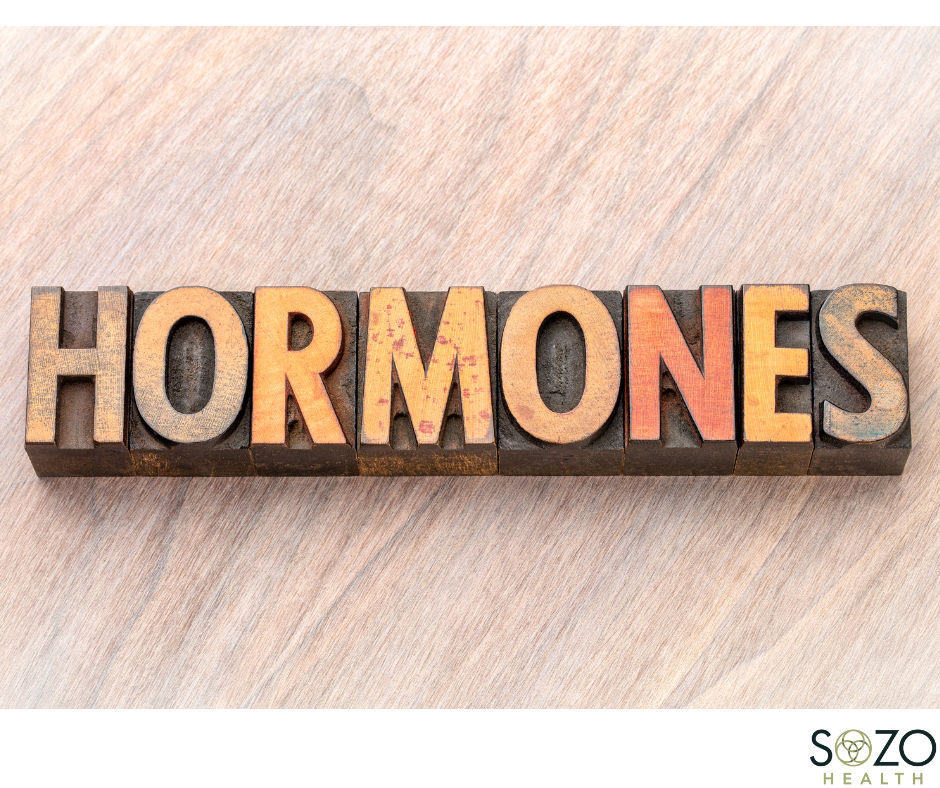Understanding your body, reclaiming your wellness
Hormones are your body’s messengers—powerful chemical signals that affect everything from energy and mood to weight and sleep. When hormone levels become imbalanced, especially estrogen, progesterone, and testosterone, it can disrupt multiple systems in the body, often in subtle and frustrating ways.
Whether you’re navigating perimenopause, menopause, or simply noticing that something feels “off,” understanding the signs of low hormones can be the first step to feeling whole and vibrant again.
Common Symptoms of Low Hormones
1. Fatigue That Doesn’t Go Away
One of the most common complaints with hormone imbalance is a constant feeling of exhaustion, even after a full night’s sleep. This may be due to low thyroid hormones, cortisol imbalance, or declining estrogen or testosterone.
2. Unexplained Weight Gain or Trouble Losing Weight
Hormones like estrogen, insulin, cortisol, and thyroid regulate metabolism. When these are out of balance, it becomes harder to manage weight—especially around the midsection.
3. Mood Swings, Irritability, or Anxiety
Hormonal fluctuations can affect brain chemistry, leading to emotional highs and lows, increased anxiety, or even depression.
4. Sleep Disturbances or Insomnia
Low levels of estrogen and progesterone, especially during perimenopause and menopause, can disrupt sleep cycles, cause night sweats, or make it harder to fall and stay asleep.
5. Low Libido or Sexual Dysfunction
Decreased levels of testosterone or estrogen can lead to a drop in sex drive, vaginal dryness, or erectile dysfunction in men.
6. Brain Fog or Trouble Concentrating
Cognitive symptoms like forgetfulness, poor concentration, or feeling mentally “foggy” can be related to declining estrogen, testosterone, or thyroid levels.
7. Dry Skin, Thinning Hair, or Brittle Nails
Hormones help keep your skin, hair, and nails healthy. When levels drop, you might notice increased hair shedding, dry skin, or nails that break more easily.
8. Hot Flashes & Night Sweats
A classic sign of estrogen imbalance, especially during menopause, these sudden waves of heat and sweating can be disruptive and uncomfortable.
9. Irregular or Missing Periods
In women, changes in menstrual cycles—whether heavier, lighter, or skipped—can indicate fluctuating hormone levels.
10. Loss of Muscle Mass or Increased Body Fat
Testosterone and growth hormone help build and maintain muscle. Low levels can lead to reduced muscle tone and increased fat storage.
How Are Hormone Levels Tested?
If you suspect low hormones, your healthcare provider may recommend:
-
Blood tests to check levels of estrogen, progesterone, testosterone, thyroid hormones, and cortisol
-
Symptom review and health history
-
Saliva or urine tests (sometimes used for cortisol and estrogen metabolites)
What Can You Do About It?
There are many ways to restore balance and feel like yourself again:
-
Lifestyle changes (exercise, sleep, stress management)
-
Targeted supplements (like vitamin D, magnesium, or adaptogens)
-
Hormone Replacement Therapy (HRT) – Bioidentical hormone therapy can help replenish what’s missing
-
Nutritional support for liver detox and hormone production
You Deserve to Feel Whole
If you’re experiencing any of these symptoms, don’t brush them off or assume it’s just aging. Low hormone levels are common—but they’re also manageable with the right support. At Sozo Health, we’re here to help you get answers, restore balance, and feel your best.
Feel whole. Live fully. 🌿

